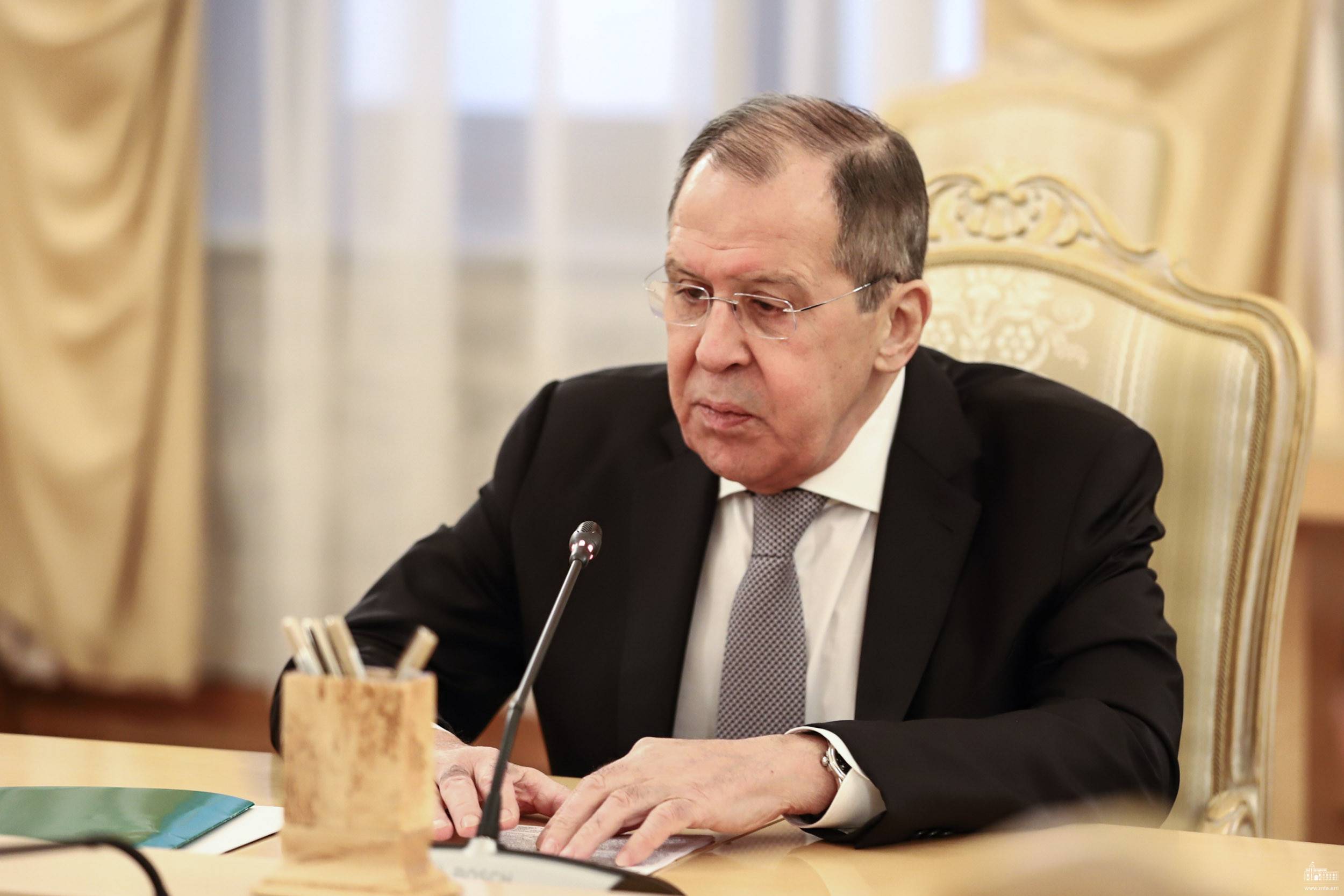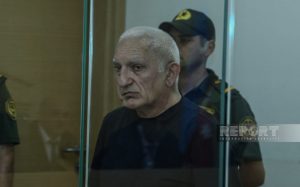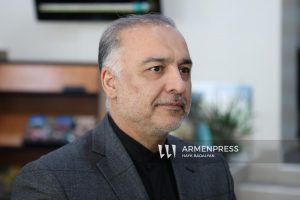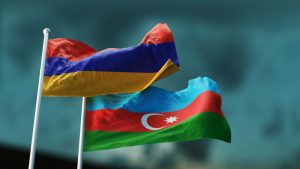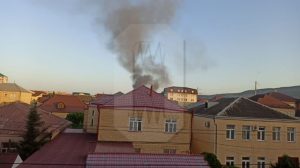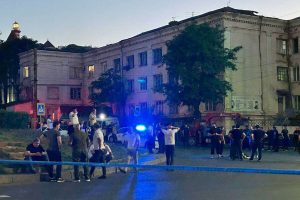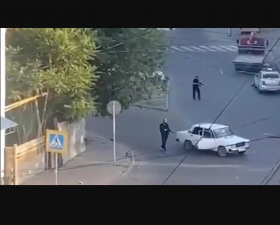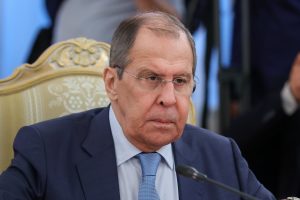Azerbaijan is interested in normalization of relations with Armenia, said Azerbaijani Foreign Minister Jeyhun Bayramov.
“Now that Azerbaijan has fulfilled the UN Security Council resolutions, liberated its lands, regained control of the state border, we can already talk about the possibility of normalizing relations with Armenia. Azerbaijan is interested in that,” Bayramov told at a news conference after meeting with his Russian counterpart Sergei Lavrov on Tuesday.
During the press conference, Lavrov stated that the Armenian side is ready to hand over the map of minefields to Baku.
At the same time, the Russian Minister stressed that this issue, and the issue of the return of Armenian prisoners of war, must be resolved without preconditions.
Notably: On 27 September, the Azerbaijani side launched hostilities in Nagorno Karabakh, occupying most of it, including the city of Shushi.
On 9 November, Russian President Vladimir Putin, RA Prime Minister Nikol Pashinyan and Azerbaijani President Ilham Aliyev signed a joint statement on the cessation of hostilities that started on 27 September.
The trilateral statement states in particular that Kelbajar will be returned to Azerbaijan by 15 November (later that period was extended by 10 days), Aghdam region by 20 November, and Lachin region by 1 December, leaving a corridor of 5 km wide, which will ensure Armenia’s connection, but will not touch Shushi.
In addition, along with the line of contact in Nagorno-Karabakh and the Lachin corridor, Russian peacekeeping forces of 1960 troops with firearms, 90 armored vehicles and 380 vehicles and special equipment are deployed. The peacekeepers remain for five years with the possibility of automatic extension, unless the parties announce the termination of this provision six months before the expiration of the next five years.
It is also mentioned that internally displaced persons and refugees are returning to Nagorno-Karabakh and surrounding areas, exchanging prisoners of war and exchanging other detainees, and unblocking all economic and transport ties in the region is carried out.

